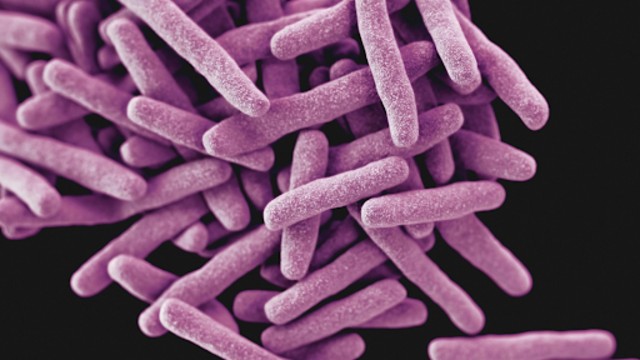
Findings from “Stop TB Canada” found there are significant barriers to certain medications for the infectious disease – including child-friendly formulas – due to drug shortages and delays. Photo: Unsplash.
Toronto has reported its highest number of tuberculosis (TB) cases surge in more than 20 years, with 375 infections recorded in 2024, according to Toronto Public Health. This marks the most significant surge in cases since 2002, raising concerns among health officials about the persistent challenges of managing the disease.
Dr. Elizabeth Rea, Associate Medical Officer of Health for Toronto, emphasized that TB remains a serious public health concern despite being both preventable and treatable. Her statement follows a newly released report by Stop TB Canada, highlighting significant barriers to treatment across various communities in the country.
“Tuberculosis is a global health issue impacting Canadians from coast to coast,” Rea said. “It’s a serious illness, but the good news is that it’s both treatable and curable.”
How TB Spreads and Who’s Most at Risk
TB, an airborne bacterial infection, has been around for thousands of years and spreads when an infected person coughs, sneezes, or spits. Left untreated, the disease can be fatal. The World Health Organization reports that in 2023 alone, TB claimed 1.25 million lives worldwide.
Certain groups in Canada are disproportionately affected, particularly Indigenous communities and individuals who have lived in or traveled to regions where TB is more common, such as South-East Asia.
Infectious disease expert Dr. Isaac Bogoch explained on CP24 that there are two forms of TB to watch for:
- Latent TB: This occurs when a person is exposed to the bacteria, but it remains inactive in the body. The person shows no symptoms and isn’t contagious.
- Active TB: In about 5-10% of latent TB cases, the bacteria become active, causing symptoms and making the person contagious.
Data from Statistics Canada (2022) shows that while the national TB rate was 5.1 cases per 100,000 people, some groups had significantly higher rates: Inuit (136.7 per 100,000), First Nations (21.4 per 100,000), and newcomers (14.4 per 100,000).
Challenges in Treatment and Drug Availability
A survey conducted by Stop TB Canada in 2024, with input from healthcare providers across 10 provinces and territories, found that drug shortages and limited access to TB medications are major roadblocks in treatment. The report warns that these issues lead to delays in care, longer hospitalizations, and an increased risk of complications.
To combat these challenges, Stop TB Canada is urging the federal government to take action, particularly as Canada aims to eliminate TB in the North by 2030. Among the key recommendations:
- Stronger incentives for pharmaceutical companies to produce and supply essential TB medications, including pediatric formulations. Some companies hesitate to market these drugs in Canada due to perceived low profitability.
- A streamlined approval process for non-marketed TB drugs to prevent delays in treatment.
- A national procurement strategy to prevent medication shortages and ensure a steady supply.
The report also points out that crucial TB medications, such as cycloserine, have been discontinued in Canada for commercial reasons, while newer drugs like bedaquiline and delamanid have never been marketed in the country.
Why Are TB Cases Rising in Toronto?
While there’s no single cause for the recent spike, experts believe it’s due to multiple factors. Dr. Bogoch suggests increased TB testing, along with a rise in immigration from high-prevalence regions, could be contributing to the numbers.
Common symptoms of active TB include a persistent cough lasting more than three weeks, fatigue, and unexplained weight loss. Toronto Public Health advises anyone experiencing symptoms to contact a healthcare provider for evaluation and possible treatment.















